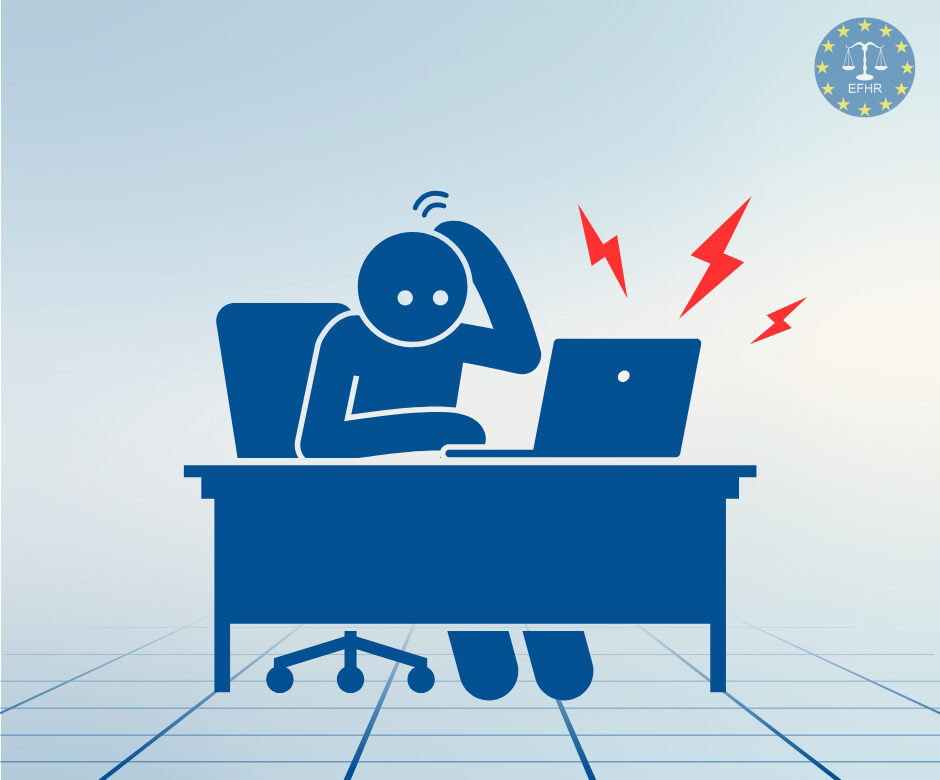- 2013/11/21
The author of the comment that discriminates the Polish minority under the curators supervision

 Freedom of speech is guaranteed in the law of every democratic country as well as in international legal documents. However, it does not mean that they should be overused or used inconsiderately – offending or hurting people.
Freedom of speech is guaranteed in the law of every democratic country as well as in international legal documents. However, it does not mean that they should be overused or used inconsiderately – offending or hurting people.
The European Foundation of Human Rights campaign against abusive comments on the Internet has turned out to be a big success and led to another won case. On the internet site www.lrytas.lt, under the article dated December 10, 2012, a citizen of Lithuania R.P. under the nickname “Neo25”, published a derogatory comment on the Polish minority group. The comment called for and encouraged strife between the two nations: „Kas leido lenkams daryti tvarką svetimoje šalyje? Jau patys nežino kur eiti ir ką veikti. Vyti juos kuo tolyn, tegul keliauja į Lenkija ir ten draudžia ką nori. Čia ne jų žemė ir jų nosiai dėti draudimus. Kiek leisime jiems taip elgtis?“ (translation.: “Who let the Poles rule in a foreign country? They don’t know where to go and what to do any more. Expel them, let them go back to Poland where they can forbid whatever they want. It’s not their land and they’re in no position to forbid anything. How long are we going to allow for this?)
Having read the comment, the EFHR turned to the District of Kaunas Prosecutor’s Office (Raseinių rajono apylinkės teismas), which looked at the case. The author of the commentary is an engineer from Raseiniai. He made a plea of guilty and admitted that he regrets what he had done. The prosecutor’s verdict was a year under the curator’s supervision, by which the violator was also given time to reflect on his behavior. It is to highlight that even though he was not given an indemnity. Thus, if he commits another crime during this period, he will be prosecuted for both.
It is already the 20th won case among the 400 filed by the EFHR within this year’s campaign aimed to end the feeling of impunity among all those who do not respect people’s dignity. By filling cases of unlawful commentaries on the internet to the investigatory authorities, the EFHR want to draw an attention of public institutions, responsible for the execution of the law, to the importance and danger of such cases. The state cannot sit back and tolerate the wave of hatred on, which has been rising gradually.
The EFHR is currently one of the most active NGOs in Lithuania dealing with cases of commentaries that breach the law. The effectiveness of this work has been appreciated by prosecutors: www.efhr.eu/download/media_www/neapykanta-kurstantys-komentatoriu-2012.12.28.pdf.
The Foundation would like to thank for all information about the unlawful comments on the internet that has been and is sent to us. Such a success would not be possible without your help. Thus, we hope for further collaboration.
EFHR



